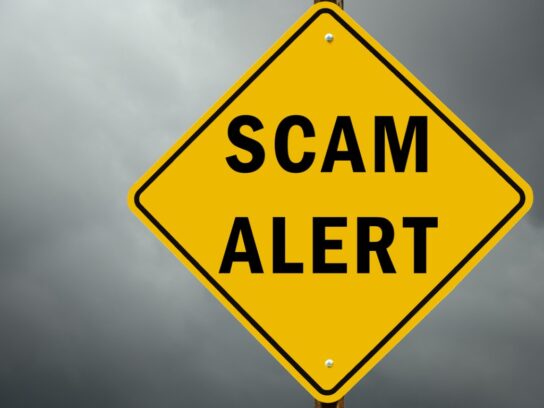
 Taxpayers should be on the lookout for calls and email phishing attempts regarding the Coronavirus, or COVID-19 that could lead to tax-related fraud and identity theft. Because criminals take every opportunity to perpetrate a fraud on unsuspecting victims during times of need, taxpayers should also be skeptical about text messages received and websites and social media attempts to request money or personal information.
Taxpayers should be on the lookout for calls and email phishing attempts regarding the Coronavirus, or COVID-19 that could lead to tax-related fraud and identity theft. Because criminals take every opportunity to perpetrate a fraud on unsuspecting victims during times of need, taxpayers should also be skeptical about text messages received and websites and social media attempts to request money or personal information.
Retirees Targeted
Seniors should be especially careful at this time. In most cases, the IRS will deposit economic impact payments (sometimes called recovery rebates or stimulus payments) into the direct deposit account taxpayers previously provided on tax returns and taxpayers should not provide their direct deposit or other banking information for anyone to input on their behalf into the secure portal.
For retirees, the $1,200 payments are sent automatically. There is no additional action or information is needed on their part to receive this. Retirees – including recipients of Forms SSA-1099 and RRB-1099 − should also know that they will not be contacted by the IRS via phone, email, mail or in person asking for any kind of information to complete their economic impact payment.
What to Watch Out For
Scammers use a number of techniques including:
- Emphasizing the words “Stimulus Check” or “Stimulus Payment.” The official term is economic impact payment.
- Asking the taxpayer to sign over their economic impact payment check to them.
- Asking by phone, email, text or social media for verification of personal and/or banking information saying that the information is needed to receive or speed up their economic impact payment.
- Suggesting that they can get a tax refund or economic impact payment faster by working on the taxpayer’s behalf. This scam could be conducted by social media or even in person.
- Mailing the taxpayer a bogus check, perhaps in an odd amount, then tell the taxpayer to call a number or verify information online in order to cash it.
Unsolicited emails, text messages or social media attempts to gather information that appears to be from either the IRS or an organization closely linked to the IRS, such as the Electronic Federal Tax Payment System (EFTPS), should be forwarded to phishing@irs.gov.



Comments are closed.